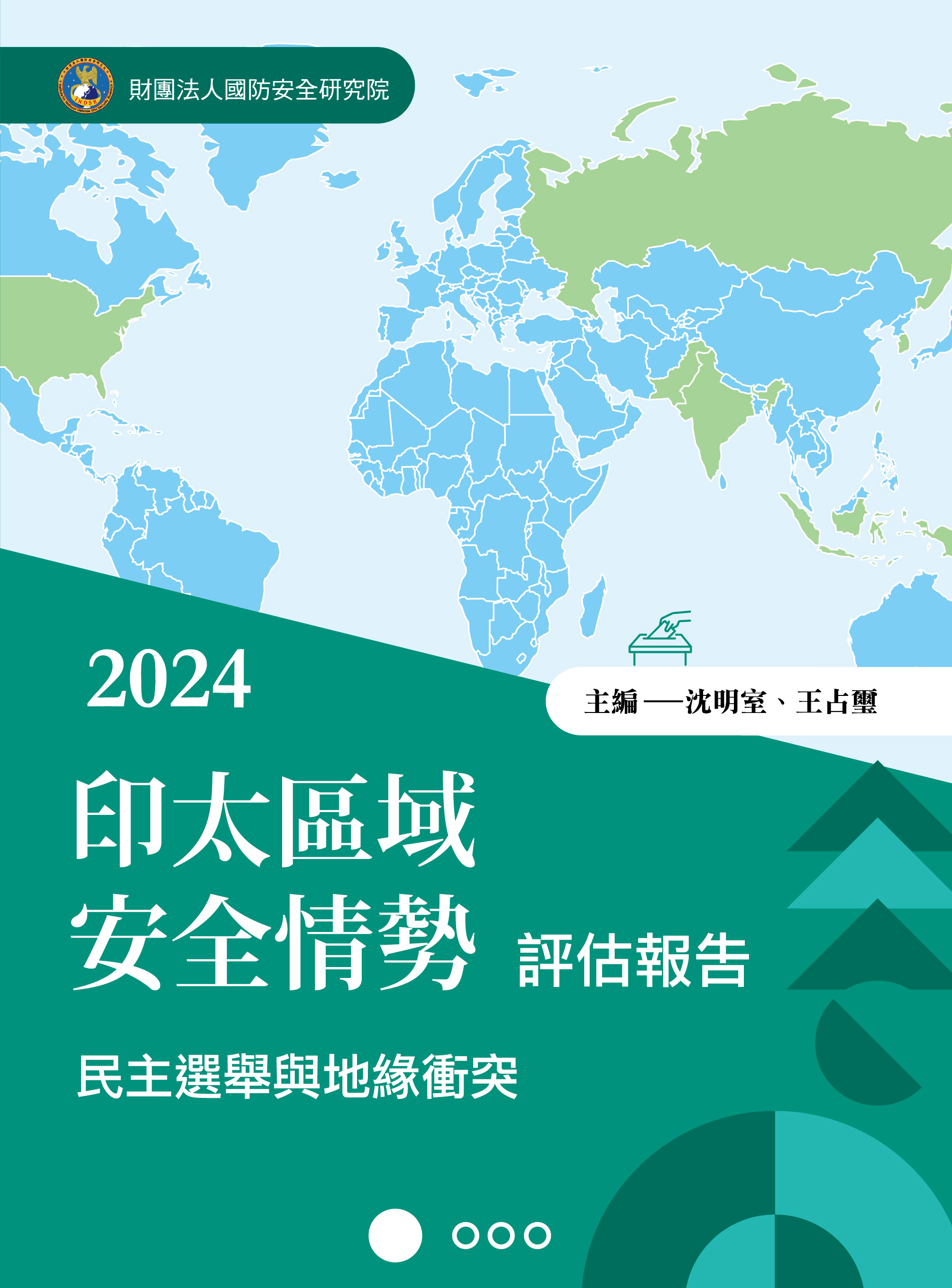Abstract
After Pakistan gained independence, although the ruling party and government were formed through democratic parliamentary elections, no prime minister has ever served a full term. In particular, the Pakistani military plays an important role in government policy making. Outside powers, such as the United States and China, intervene in Pakistan's internal politics and policies through the military, making military-civilian relations an important variable in Pakistan. In addition to the military, the family political legacy inherited by each political party has become the basis for expansion of influence, but it has also become an important factor for party monopoly and factions. Every party leader in Pakistan can find traces of political inheritance. With most of the people illiterate, the process of democratic political development is slow.
Therefore, even if Pakistan establishes a government and a people’s mandate through elections, internal and external political chaos that make effective government difficult has become Pakistan's fate. Internal security and governance, developing strategic partnerships, and engaging in regional diplomacy are critical to Pakistan’s long-term success and stability. However, faced with the complex and dangerous surrounding environment and challenging diplomatic dilemmas, Pakistan's new government must flexibly use domestic and foreign policies to avoid national chaos and economic recession.
Keywords: coup, military-civilian relations, Pakistani diplomacy, Sharif faction, Taliban


